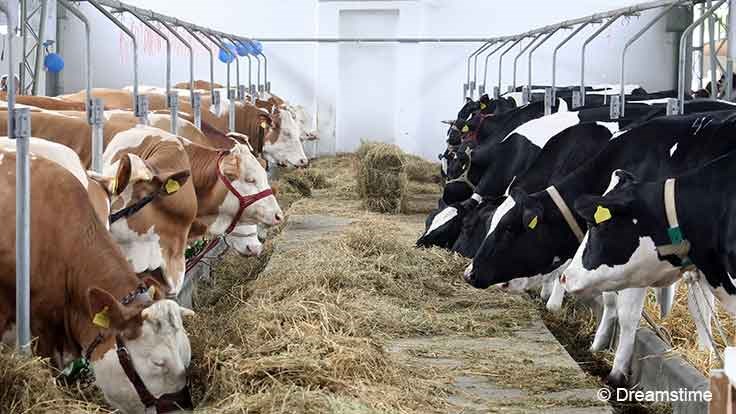Both installation and commissioning are complete on a Chilton, Wisconsin-based DVO Inc. anaerobic digester at Austasia Modern Dairy Farm in Xianhe, located in Shandong Province, China. This is DVO’s first installation in China, the company says, and the country’s first modern, operational anaerobic digester.
The digester currently processes the manure from approximately 5,600 milking cows at Austasia Farms. Biogas, one of the many valuable byproducts of the anaerobic digestion process, powers a boiler which creates hot water. The hot water is utilized to heat the digester and various on-site facilities at Austasia Farms. Future plans for the biogas include creating renewable natural gas (RNG) or producing renewable electricity.
“This project is truly revolutionary in China,” says Steve Dvorak, owner and founder of DVO Inc. “As dairy operations are built, the Chinese government is stressing the importance of including anaerobic digesters in the dairy operations’ design. Not only do digesters help China meet its greenhouse gas emissions reduction target, they complement the country’s commitment to reduce agricultural pollution.”
"The Austasia team is pleased with the performance of our system which is producing considerably more biogas than other digesters in the country," says Quanbao Zhao, China representative and researcher for DVO Inc. "They say it is a simpler system to operate, requiring less labor than other digesters."
DVO’s patented Two-Stage Mixed Plug Flow anaerobic digester is unlike any other technology, the company says. Traditional AD technologies featuring above-ground tanks are inefficient and costly to operate.
DVO digesters reduce the environmental impact from farm waste greenhouse gas emissions by over 90 percent, according to the company. In addition, pathogens in the digested waste are greatly reduced, often to the point of non-detection, the company says, and up to 97 percent odor reduction is achieved as biogas is burned.




